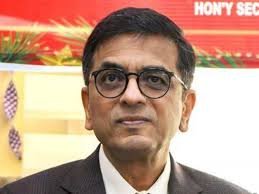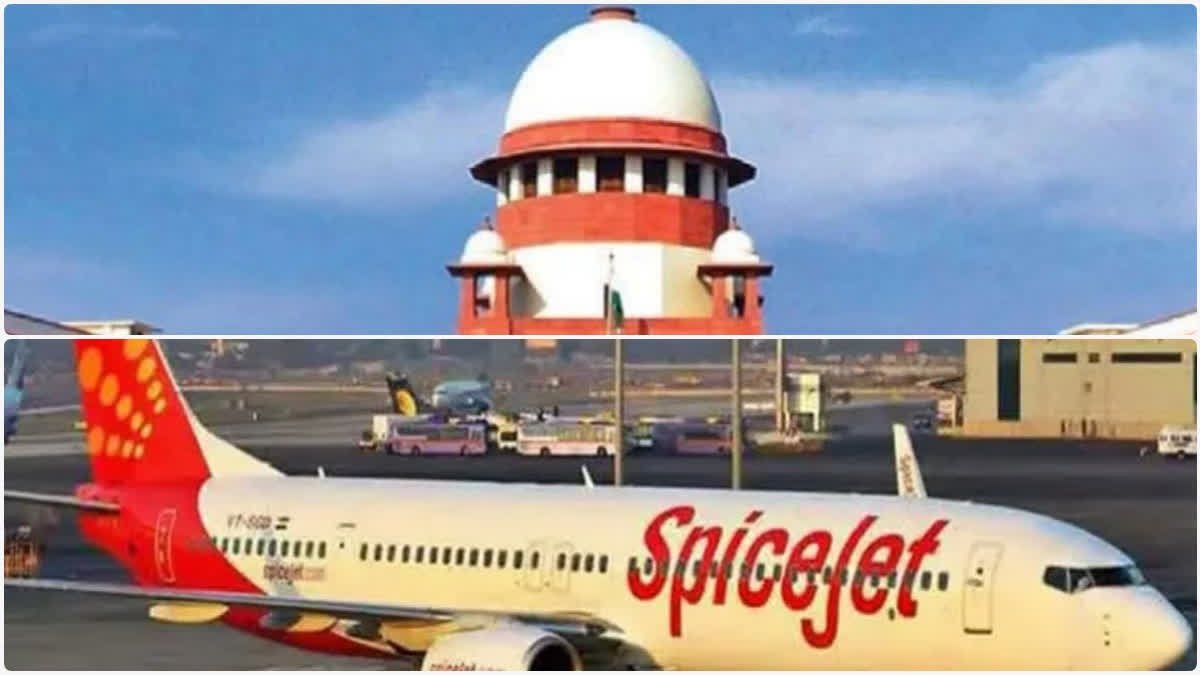NEW DELHI, June 8: The Indian judiciary exercises prudence and restraint in interfering with arbitral awards and judicial intervention on grounds of patent illegality or public policy ought to be an exceptional measure to be deployed sparingly, Supreme Court judge Justice Hima Kohli has said.
She said the Supreme Court of India has helped bolster the country’s reputation as a favourable venue for dispute resolution by limiting judicial intervention and respecting arbitral awards.
“This judicial philosophy complements legislative reforms and signifies India’s ambition to become a global hub for arbitration,” Justice Kohli said.
She was addressing an event during the London International Disputes Week 2024: “Arbitration in India and the MENA Region: Roadmap to 2030” organised by the International Arbitration & Mediation Centre, Hyderabad in collaboration with King & Spalding LLP.
Justice Kohli said it was imperative to recognise that the essence of justice lies not only in honouring and enforcing arbitral awards but also in safeguarding fairness and equity for the stake holders.
“It must be underscored that judicial intervention on grounds of patent illegality or public policy ought to be an exceptional measure to be deployed sparingly and with utmost caution. The Indian judiciary, guided by the principles of minimal interference, exercises prudence and restraint in interfering with arbitral awards,” she said.
Justice Kohli said as the landscape of arbitration evolves and new challenges emerge, the Indian judiciary has also adapted and responded to the changing needs of the hour and refined the contours of judicial intervention.
“As we look ahead to 2030, India’s path forward in arbitration necessitates a robust focus on institutional arbitration. To fully realise its potential, India must continue to enhance the operational effectiveness and global reputation of its arbitration institutions,” she said.
Justice Kohli said this involves not only improving the infrastructure, but also ensuring that these institutions can boast of experienced and upright arbitrators, supported by efficient administrative frameworks and constantly updated rules.
She said by doing so, India can attract more international arbitration matters, which will, in turn, boost investor confidence and contribute to the country’s economic growth.
Justice Kohli said in the Middle East and North Africa (MENA) region, the path forward involves harmonising arbitration practices across different jurisdictions to create a more predictable and investor-friendly environment.
She said regional cooperation and dialogue are essential to achieving this harmonisation.
Justice Kohli said both India and the MENA region must embrace technological advancements to enhance the efficiency and accessibility of arbitration.
She said the Covid experience has resulted in a paradigm shift towards online dispute resolution mechanisms in the field of arbitration and mediation.
“Digitisation has improved the efficiency of the arbitration process and helped prevent loss or damage to important records. Availability of digital records also makes enforcement of arbitral awards more efficient and reduces the burden of evidentiary challenges for courts,” Justice Kohli said.
She said Indian courts have been quick to readjust to modern times by offering an option of virtual hearings to lawyers and litigants.
“In the context of arbitration, this commitment ensures that it remains a reliable and preferred method for resolving commercial disputes in the digital era,” she said, adding that this digital transformation will also make arbitration more accessible to parties from different geographical locations.
Justice Kohli said by strengthening institutional frameworks, harmonising regional practices and embracing technological advancements, India and MENA must ensure that they are well-equipped to handle the complexities of modern commercial disputes.
“By upholding the principles of fairness, efficiency, and minimal judicial intervention, India and the MENA region can build a robust arbitration ecosystem that meets global standards,” she said, adding, “Together, let us work towards a future where arbitration is the cornerstone of dispute resolution”. (PTI)












